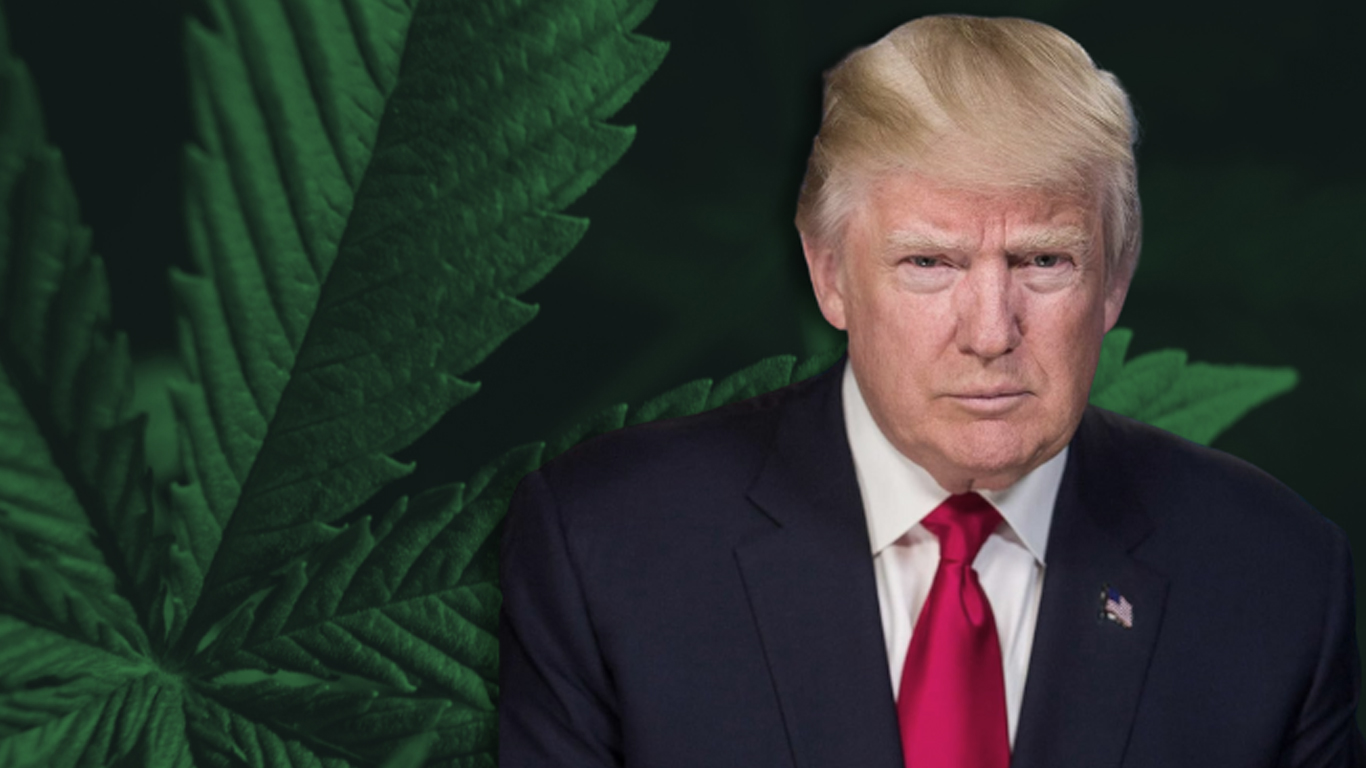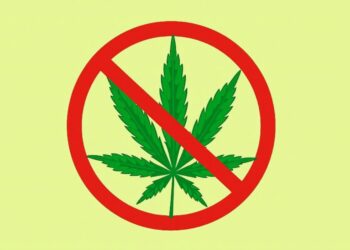
A little-noticed provision tucked into the government funding bill that ended the record 43-day shutdown is now sparking one of the most intense lobbying fights of the year. The measure seeks to rewrite the federal definition of hemp and effectively shut down the booming market for intoxicating hemp-derived products—an industry that grew rapidly in the regulatory vacuum created after Congress legalized hemp in 2018.
Hemp companies say the new language could wipe out nearly every product now on shelves, from delta-8 gummies to THC-infused drinks and vapes. They argue the bill moves far beyond restoring Congress’s original intent and will instead devastate small businesses across the country.
At the center of the fight is Senate Republican Leader Mitch McConnell (R-Ky.), who championed hemp as an agricultural commodity seven years ago—and is now driving the effort to rein it in. McConnell argues the new restriction, which caps any hemp product at 0.4 milligrams of total THC per container, closes a loophole that enabled companies to manufacture high-potency psychoactive products by converting hemp-derived CBD into synthetic delta-8 THC.
“These intoxicating products were never what Congress intended,” McConnell said on the Senate floor, contending the bill will better protect children while maintaining a legitimate hemp market for farmers.
But the new limit would disqualify virtually all hemp-derived consumer goods currently available. Industry advocates warn it could even apply to full-spectrum CBD products that naturally contain trace THC.
The crackdown has opened divisions within the GOP. Sen. Rand Paul (R-Ky.) led an unsuccessful push to strip the language, calling it “the most thoughtless, ignorant proposal” he’d seen in years. In the House, Rep. James Comer (R-Ky.) rallied nearly the entire Kentucky delegation against the measure in committee—a rare split for a state long aligned on hemp policy.
Supporters of the restriction say the measure is not a ban but a long-overdue clarification. “These guys found a way to sell knockoff weed, with no rules, everywhere,” said Cory Harris of the American Trade Association for Cannabis and Hemp. “This cleans up the definition of what hemp actually is.”
The law provides a one-year transition period, and the FDA now has 90 days to publish a cannabinoid list and define what counts as a “container.” In the meantime, hemp businesses are mobilizing. Industry groups say they will push Congress for a regulatory model that mirrors legal marijuana—age limits, lab testing, licensing, and taxation—rather than outright prohibition.
With midterm elections looming and unusual alliances forming between cannabis companies, alcohol groups, and even anti-marijuana organizations, the fight over hemp’s future is only just beginning.
Read the whole article from the Hill here.
The post Here’s What You Need To Know About the New Hemp Ban appeared first on Weed Deep Dive.












